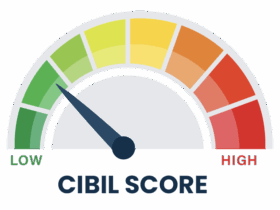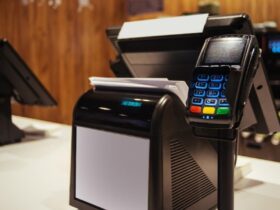Mobile money transfer is a digital financial service that permits users to send and receive money via mobile phones – particularly beneficial in developing nations, where obtaining formal financial services is limited or costly. Here is what you should know about how a money wallet benefits small businesses, some issues encountered, and their possible solutions.
The common mobile banking benefits
Mobile money transfer can allow small businesses in developing countries to benefit by:
Improving productivity and development of small businesses
Small businesses can benefit from mobile money transfers regarding cash flow management, inventory control, and client interactions. Mobile banking also facilitates e-commerce, international trade, and digital marketing for the market potential and reach.
Lowering the transaction fees and possible risks
Mobile banking can lower the cost and time of sending and getting payments compared to cash or other methods. Also, it can help reduce risks (fraud, theft, and loss of cash) common among small businesses operating in high-risk areas.
Boosting credit access
Mobile banking is a boon for small businesses by enabling them to open accounts, save money, and build credit histories; it enhances their access to formal financial institutions.
New enterprise prospects
Mobile banking has the potential to reach approximately 1.6 billion additional retail clients in emerging markets and raise the amount of loans made to people and enterprises by $2.1 trillion.
Challenges facing mobile money banking and their possible solutions
Mobile money transfer, while revolutionary, does face some challenges. The following are some of the key challenges for mobile banking and their possible solutions:
Lack of trust or awareness
Small businesses need to be aware of the benefits and features of mobile money transfer to promote trust in the service’s security and reliability. Increased training, client protection, awareness campaigns, and complaint-handling procedures are needed to address this challenge.
Compatibility and infrastructure shortcomings
The quality and coverage of mobile network infrastructure need to be more consistent in some regions, affecting the availability and performance of mobile money banking services. Conversely, compatibility can lower entry barriers to the mobile payment market, nurturing more competition and innovation. Hence, addressing these gaps will develop money banking services and promote other financial involvements.
Complex and uncertain regulations
The regulatory environment for mobile money differs by country and region. Also, certain rules may limit the services or products supplied by mobile money providers or impose costly transaction fees or taxes. Various regulators and stakeholders should collaborate to launch more linked financial ecosystems. Ultimately, this will contribute to economic growth in the small enterprises in the developing nations.
Mobile money transfer is a big win in making banking and payment services easier in countries that are still developing. About 850 million active mobile money accounts in 90 countries handle $1.3 billion daily transactions. So, mobile banking is not just a ‘use case’; it’s much more than that – it’s a crucial help for billions of people and many small businesses in developing countries.












